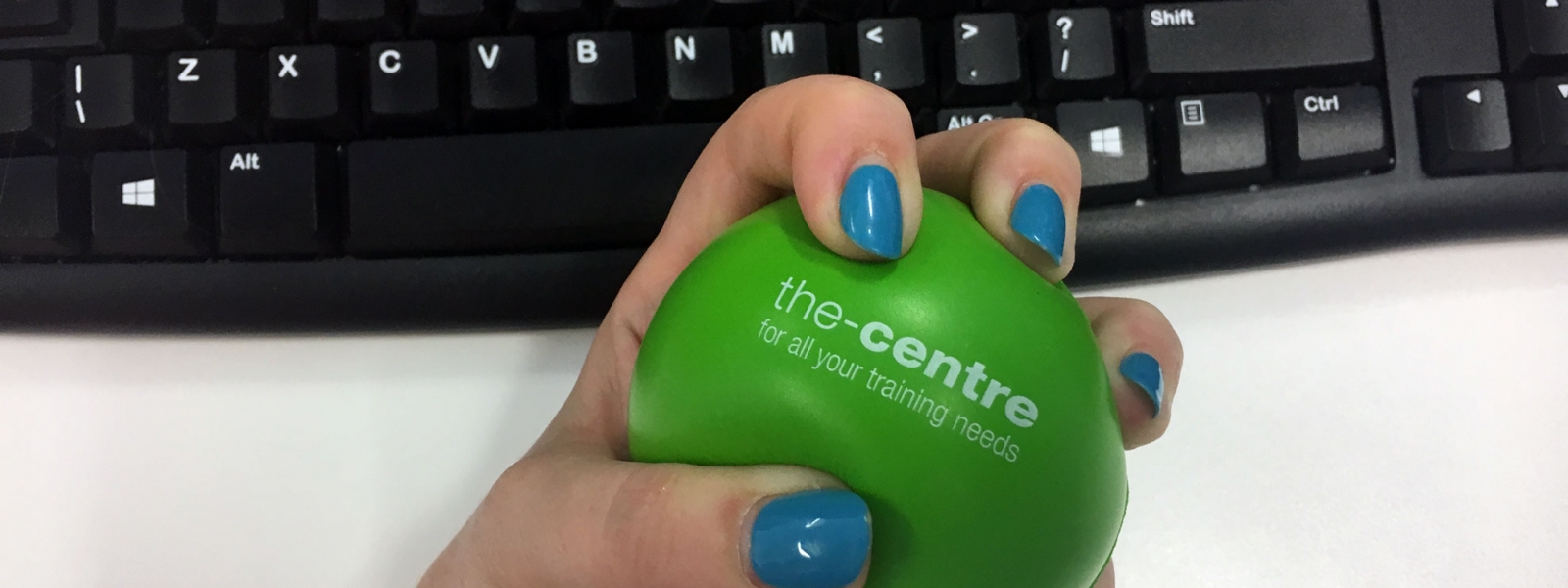Aug
10
2017
Resilience and stress: what you need to know
Everyone feels stressed from time to time, it’s seen as a normal part of life; often people think that if you’re not stressed, you’re not working hard enough! We, however, know that thoughts like that aren’t true and can be harmful. Learning how to build resilience and deal with stress can actually make you more effective in the workplace, as well as doing you a lot of good.
Stress vs pressure – what’s the difference?
Being under pressure at work can often lead to stress, but did you know that the two things are actually quite different? Pressure is a feeling, whereas stress is a natural alarm response that the brain triggers when it feels threatened or unable to cope. You can be under pressure and not be stressed, however pressure can cause this stress alarm to go off.
Stress is a very negative thing, and there are physical, psychological, and emotional components. In contrast, pressure can provide the stimulus you need to enjoy life, learn new skills, experience excitement, and get things done.
Recognising stress – what does it look like?
Stress manifests itself in a number of ways, and it can effect different people in very different ways. It’s important to recognise how it affects you, but also keep an eye on colleagues, family, and friends.
Physiological
Stress can have a physiological effect on many people. This includes things such as excessive tiredness or insomnia, headaches, dizziness, teeth grinding, aching muscles, chest pain, indigestion, weight gain or loss, stomach ulcers, and much more.
Psychological
For some people, stress finds it way out through psychological means. This includes being bad tempered, feeling upset, experiencing panic attacks and anxiety, a feeling low self esteem and loss of confidence, loss of sense of humour, and even depression.
Behavioural
Behaviours can often change when people are experiencing stress. Be aware of drinking too much, taking drugs, under or over eating, being withdrawn or avoiding people and situations, working too much, poor performance or not turning up to work, self harm, or being obsessive.
The three essentials for resilience
Resilience is our ability to adapt and bounce back when things don’t go as planned. Resilient people can move forward and learn from their mistakes, without dwelling on failures or beating themselves up! Leading psychologist Susan Kobasa says there are three elements that are essential to resilience, these are
1) Challenge – Resilient people view difficulties as challenges. They learn and grow from mistakes and problems rather than treating them as a negative reflection of their self worth or abilities.
2) Commitment – You won’t see a resilient person quitting at the first hurdle, they’re committed to their lives and everything within it; from work and friendships, to relationships and spiritual beliefs.
3)Personal control – There’s no point in worrying about things you can’t control, which is why resilient people only spend time and energy on situations that they can have an impact on.
Do you want to learn how to manage stress and become more resilient? Take a look at our Stress management and resilience course, or view our other courses here


